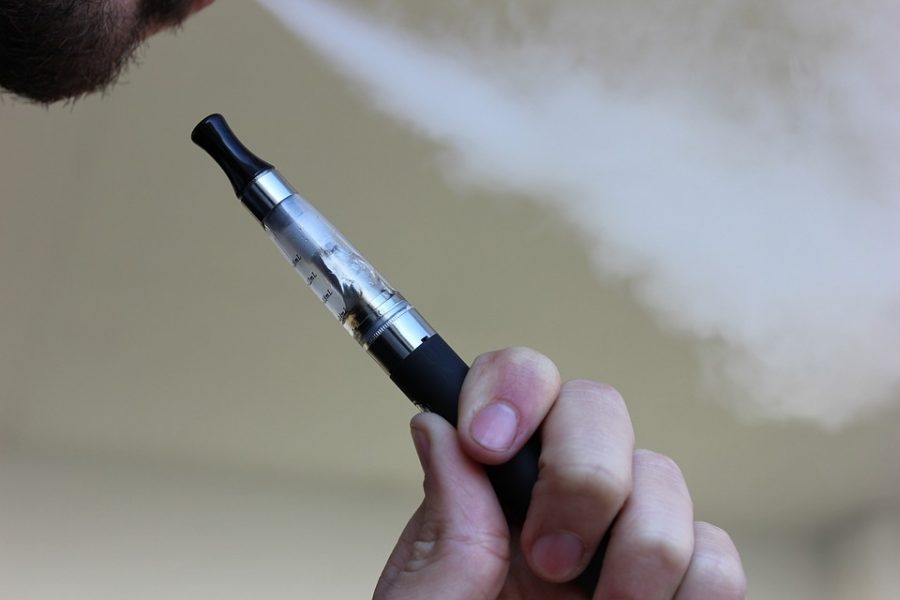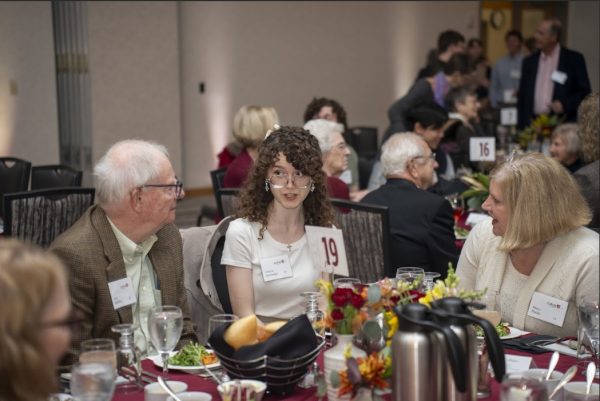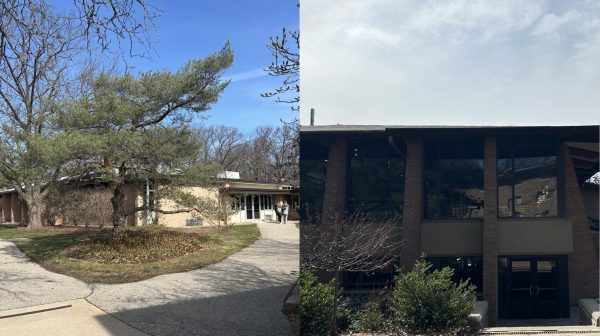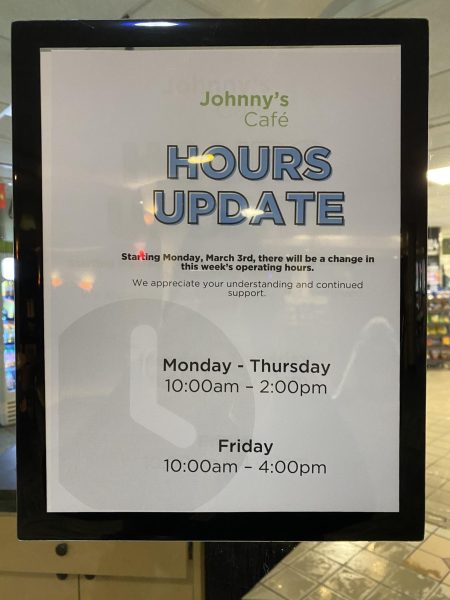Calvin community reacts to vaping bans
Following a vaping epidemic, several deaths correlated with vaping, and a health warning from the CDC, Michigan Governor Gretchen Whitmer ordered a ban of online and in-person sales of flavored e-cigarettes. The ban took place on Sept. 4, 2019. Two Calvin students called the ban both necessary and uneffective. According to an MLive article on Sept. 18, “The emergency rules, filed with the Secretary of State, are effective immediately but give businesses 14 days to comply and stop selling flavored nicotine vaping products.” According to Governor Whitmer, the ban will last for six months and can get renewed.
According to Dr. Laura Champion, director of Health Services, doctors are starting to get medical bulletins from the health department or at higher levels regarding the health conditions associated with vaping. “There isn’t a lot known about vaping as a form of intake of the nicotine compared to the other forms of taking in nicotine,” says Champion, “but we do… we are starting to see some dangerous associations.” These dangerous associations have been seen through reports of deaths and hospitalizations across the United States.
John Witte, dean of students, and the two Calvin students comment on the concerning associations. As Student A states, “I think a lot of people are being scared away because of the hospitalizations and now with the ban.”
Concerning the ban, both students noted that they aren’t personally affected, but their friends are. In light of the ban, Champion stated the need for regulations and how barriers to access are shown to produce fewer consequences and problems not seen before increased access.
The Calvin students state that a majority of their friends vape flavored e-cigarettes. Student A noted how their friends are stocking up on their favorite flavors before the ban comes into fruition. Student B noted how their friends were originally upset about the ban, but “they always say they’re going to quit or whatever, but… they’re like joking. They’re like, ‘Oh, I’ll just go back’ or ‘I’ll just smoke cigarettes instead.’”
Champion compares this new epidemic to cigarettes, and identifies the same trend of the product being targeted to the younger population. “Nobody knew how dangerous they were when they were first invented.” Champion notes that nicotine is “very addicting, and it’s one of the hardest drugs to come off of, even when somebody’s ready to quit.”
Student A notes a split in mentality towards the ban, saying, “There’s some people that are like, ‘Ah, I’ve gotta get it.’ and some people are like, ‘I should probably stop.’ They’re seeing the research.” As Champion states, it’s “too new to know all of the long-term complications, but it’ll be like cigarettes where, by the time this population is 50, it will be too late.”
According to both students, because of the social aspect of vaping, they doubt students will stop vaping, and “obviously people are still going to do it even if they don’t have the flavors,” Student B expressed.
According to Witte, Calvin holds the same stance with vaping as they do with cigarettes. He said, “The conversation about becoming a tobacco free campus — it comes up here and there. There’s no immediate movement in that direction, but the rate of student smoking seems to have declined over the years.”







